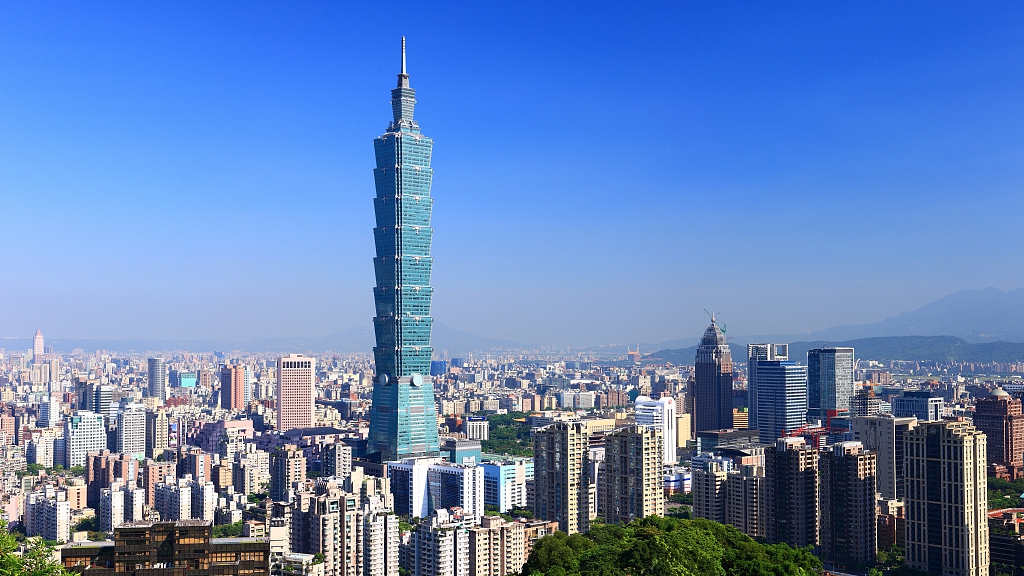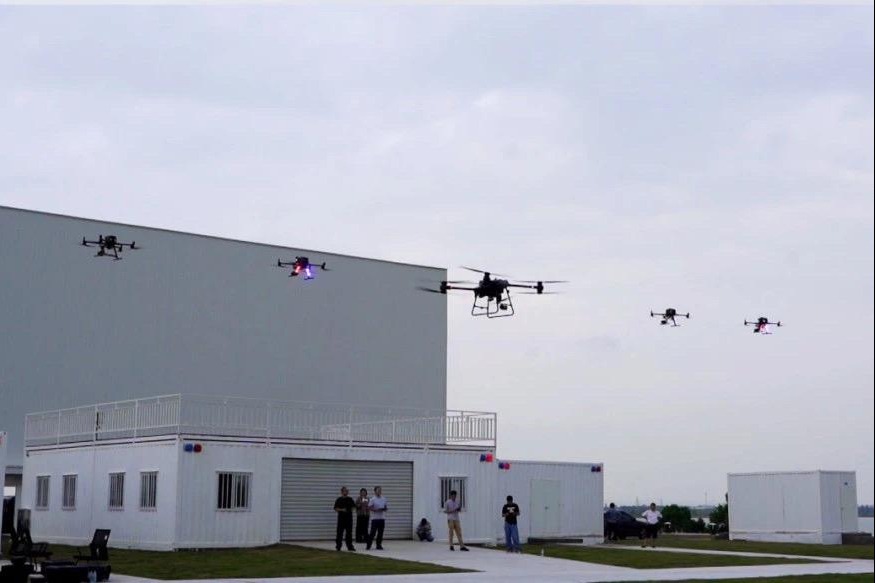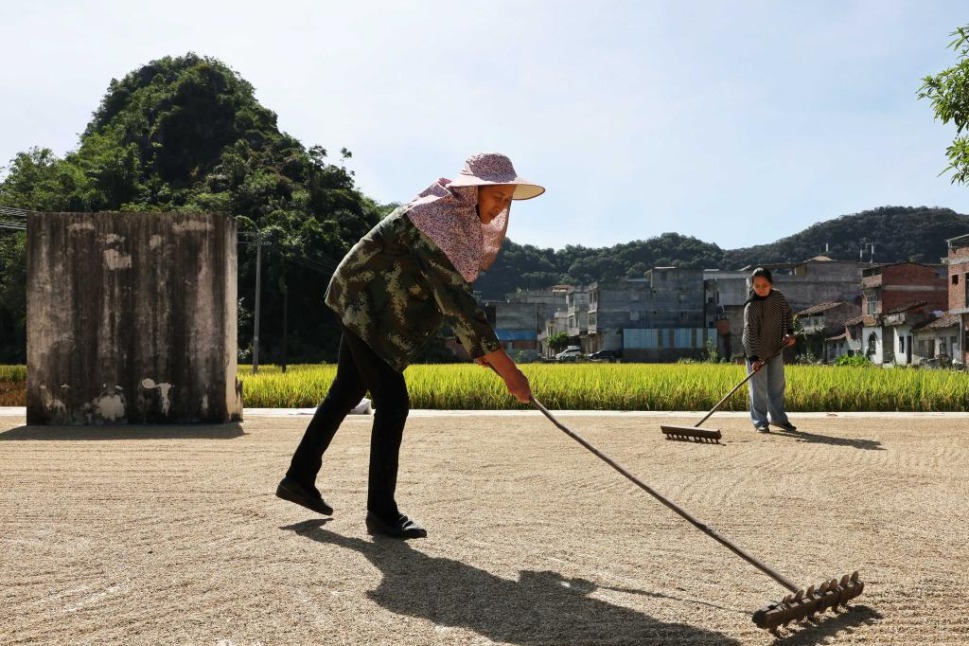Experts: Provocation will make region 'more insecure'






United States politicians' provocative activities on China's Taiwan should be condemned for breaking international law and nation-to-nation norms, as well for stirring up tension, according to analysts.
Moreover, they said that US House Speaker Nancy Pelosi's arrival in Taipei and her talks with Taiwan authorities not only wiped out almost all of the diplomatic and economic gains from her Asian trip, but also further eroded people's trust in US promises.
Pelosi, who is leading a US Congressional delegation, landed in Taipei on Tuesday night after her visit to Singapore and Malaysia. She left Taiwan on Wednesday for South Korea and Japan.
Takakage Fujita, director-general of a civil group dedicated to upholding and developing the 1955 Murayama Statement, said: "Allowing important dignitaries like the speaker of the House of Representatives to visit China's Taiwan is a provocative act against Beijing and it only escalates tensions in the region."
The Murayama Statement, released by former Japanese prime minister Tomiichi Murayama, advocates historical recognition and reconciliation with Asian countries by Japan.
Fujita said that the visit was "very stupid and should not have been allowed," adding that both Japan and the US have long recognized Taiwan as part of China.
"However, Japan is now following the US in playing with fire on the Taiwan question, and is forgetting its past commitments. It is unwise of Japan and it is irresponsible of Washington to create trouble in and around the Taiwan Straits."
According to Fujita, the US is very concerned about having control over Asian countries.
"The US does not want Asian countries to conduct independent diplomacy and cooperation. They want Asian countries to be at the mercy of them. This is very greedy and selfish," Fujita said. "Asian countries, on the other hand, should not be willing to be puppets of the superpower and should judge and negotiate independently."
"It is only reasonable and acceptable for all Asian countries to build a peaceful, stable and prosperous independent Asia. To do this, excessive American involvement in Asian affairs must be removed."
James Chin, a professor of Asian Studies at the University of Tasmania, said any issue that was discussed during Pelosi's Asian trip "has been overshadowed by Taiwan".
Chin said that Pelosi is creating more problems for the US, which is now focusing its diplomatic efforts on resolving the Russia-Ukraine crisis. It also would create "further unnecessary tensions" between the US and China.
Oh Ei Sun, a senior fellow at the Singapore Institute of International Affairs, said Pelosi has shown that the priorities of the US Congress and the US administration "do not necessarily tally with one another".
Enrico Gloria, an assistant professor of international relations at the University of the Philippines, said Pelosi's visit to Taiwan "didn't really help the United States make its case that it remains committed to the one-China principle".
This has an impact certainly in Southeast Asia, Gloria said. Pelosi's provocative activities will make the region "more insecure or more highly volatile".
She said that it was certain to highlight major power competition within the region.
Yeah Kim Leng, senior fellow and director of the Economic Studies Program with Jeffrey Cheah Institute on Southeast Asia at Sunway University in Malaysia, said Pelosi's visit to Taiwan has unnecessarily increased the risk of armed conflict in the region.
Even in the Southeast Asian nations she visited, there is growing concern that the worsening China-US relations will "severely impede the region's post-COVID-19 pandemic economic recovery and longer term growth prospects".
Pelosi's visit was supposed to be an opportunity to "be used in this trade-dependent region to strengthen trade ties" with the US, according to Khor Yu Leng, a regional economist at Singapore-based consultancy Segi Enam Advisors.
On Japan, Fujita called for Tokyo to listen to the voices of the majority of its citizens and not to blindly follow Washington.
"Japan is an independent country and should make its own judgments on major issues. Preparing for war or hyping up tensions to the brink of a war is very stupid. Instead of doing that, Japan should strike a balance between the US and China and show the wisdom of peaceful diplomacy to the world," Fujita said.
Masanari Koike, a former member of Japan's House of Representatives, said Pelosi's visit had a negative impact on Japan's national interests.
"I think everyone … in the Japanese government is nervously following the development of the situation," he added.
Contact the writers at prime@chinadailyapac.com
- Autumn scenery of desert poplar in China's Inner Mongolia
- Hong Kong to strengthen fintech cooperation with Middle East region
- 2nd World Conference of Sinologists opens in East China
- East China girds for approaching Typhoon Kong-rey
- Nation's seniors show strong sense of wanderlust
- Company to launch commercial spaceflights in 2027

































